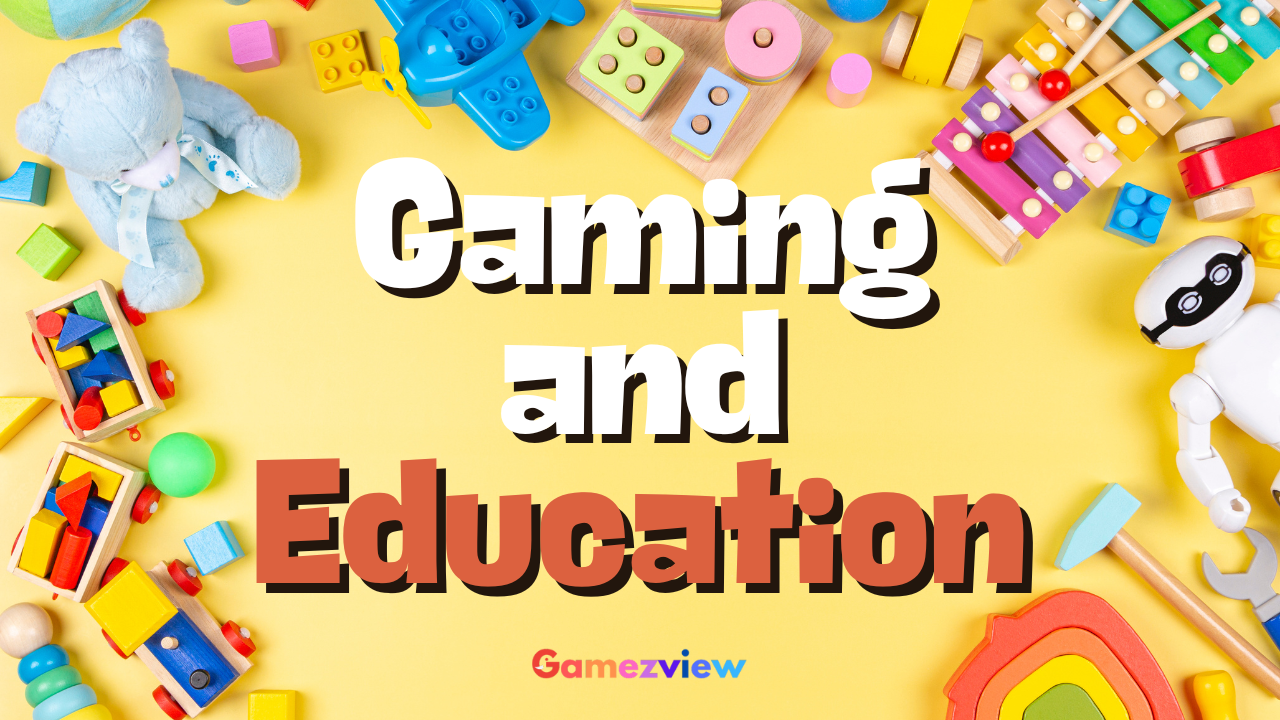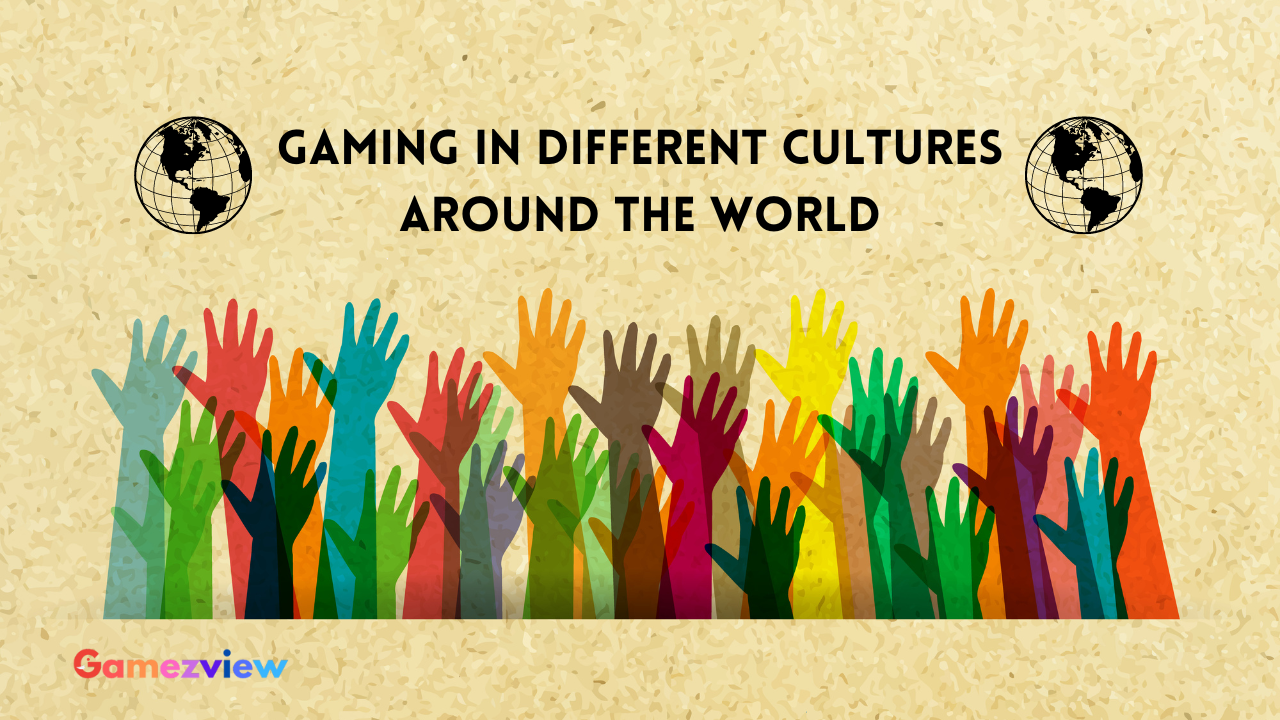In recent years, there has been a growing recognition of the potential of games as powerful educational tools. From fostering critical thinking and problem-solving skills to promoting collaboration and creativity, games offer unique opportunities for immersive and engaging learning experiences. Let’s explore how games are being used effectively in education and the benefits they bring to learners of all ages.
Engaging and Interactive Learning Experiences
Games have the inherent ability to captivate and engage players, making learning a fun and interactive experience. Whether through educational games specifically designed for learning purposes or commercial video games adapted for educational use, students can immerse themselves in dynamic environments where they can explore, experiment, and discover at their own pace. This hands-on approach to learning encourages active participation and promotes a deeper understanding of complex concepts.
Fostering Critical Thinking and Problem-Solving Skills
Many games require players to think critically and strategically to succeed, making them valuable tools for developing problem-solving skills. Whether navigating puzzles in a mystery game, strategizing in a real-time strategy game, or making decisions in a simulation game, players are constantly challenged to analyze situations, evaluate options, and make informed choices. These cognitive skills are not only essential for success in games but also transferable to real-world scenarios, equipping students with the ability to tackle challenges with confidence and creativity.
Promoting Collaboration and Social Skills
Games often involve collaboration and teamwork, encouraging players to communicate effectively, collaborate with others, and work towards common goals. Whether playing cooperatively in multiplayer games or engaging in team-based competitions, students learn valuable social skills such as cooperation, communication, and leadership. These collaborative experiences foster a sense of community and belonging, promoting positive relationships and a supportive learning environment both in and out of the classroom.
Tailoring Learning Experiences to Individual Needs
One of the key advantages of using games in education is their adaptability to individual learning styles and preferences. Games can be personalized to accommodate diverse learning needs, allowing students to progress at their own pace and receive immediate feedback on their performance. Whether through adaptive learning algorithms that adjust difficulty levels based on student progress or customizable game settings that cater to specific learning objectives, games empower students to take control of their learning journey and achieve success on their own terms.
Sparking Curiosity and Encouraging Lifelong Learning
Games have a unique ability to spark curiosity and ignite a passion for learning, inspiring students to explore new topics and pursue their interests outside of the classroom. By presenting information in an engaging and interactive format, games capture students’ attention and encourage them to delve deeper into subjects they may not have previously considered. This intrinsic motivation to learn fosters a lifelong love of learning and empowers students to become self-directed, independent learners who are eager to explore the world around them.
Gaming has emerged as a powerful tool for education, offering immersive, interactive, and engaging learning experiences that foster critical thinking, collaboration, and creativity. By harnessing the inherent appeal of games and leveraging their ability to captivate and motivate learners, educators can create dynamic learning environments that inspire curiosity, promote skill development, and encourage lifelong learning. As the field of educational gaming continues to evolve, the potential for games to revolutionize education and transform the way we teach and learn has never been greater


